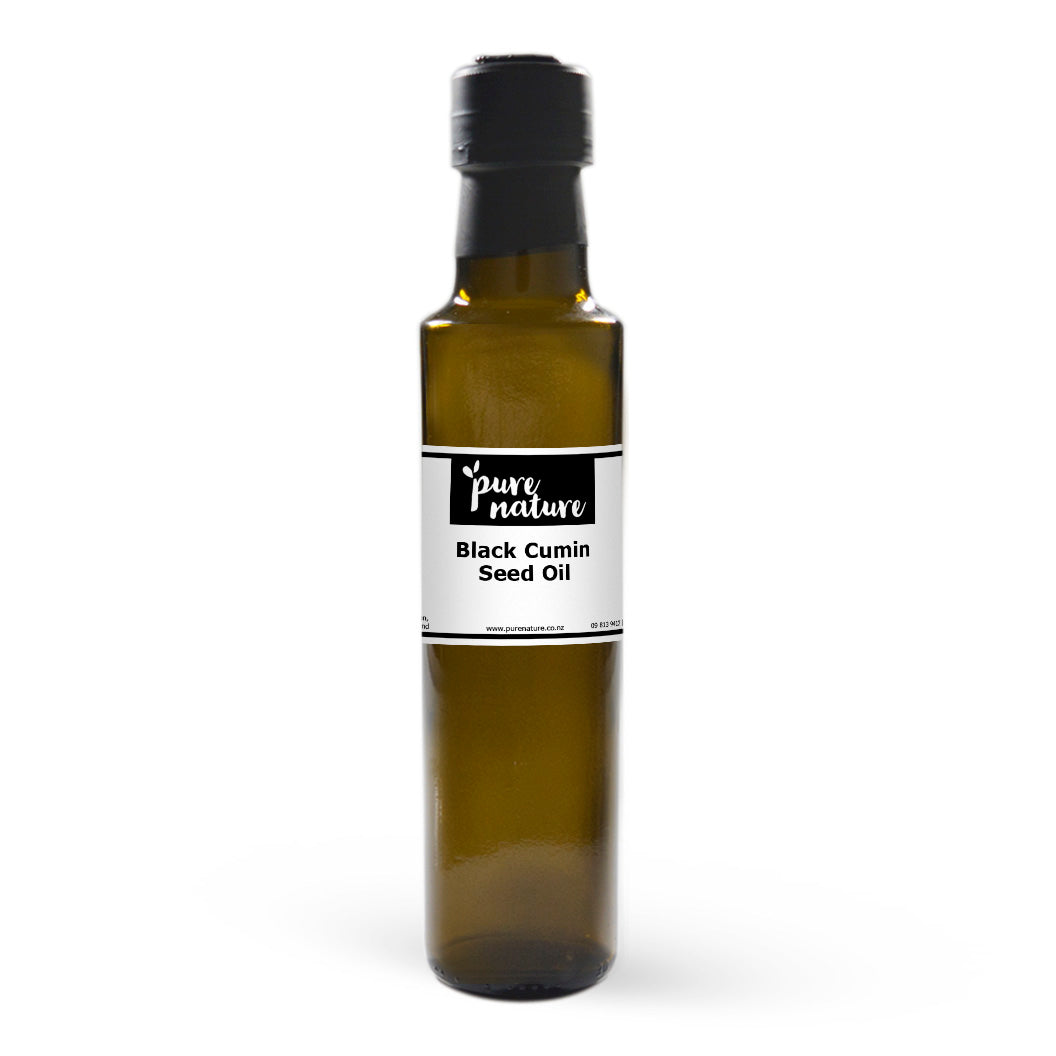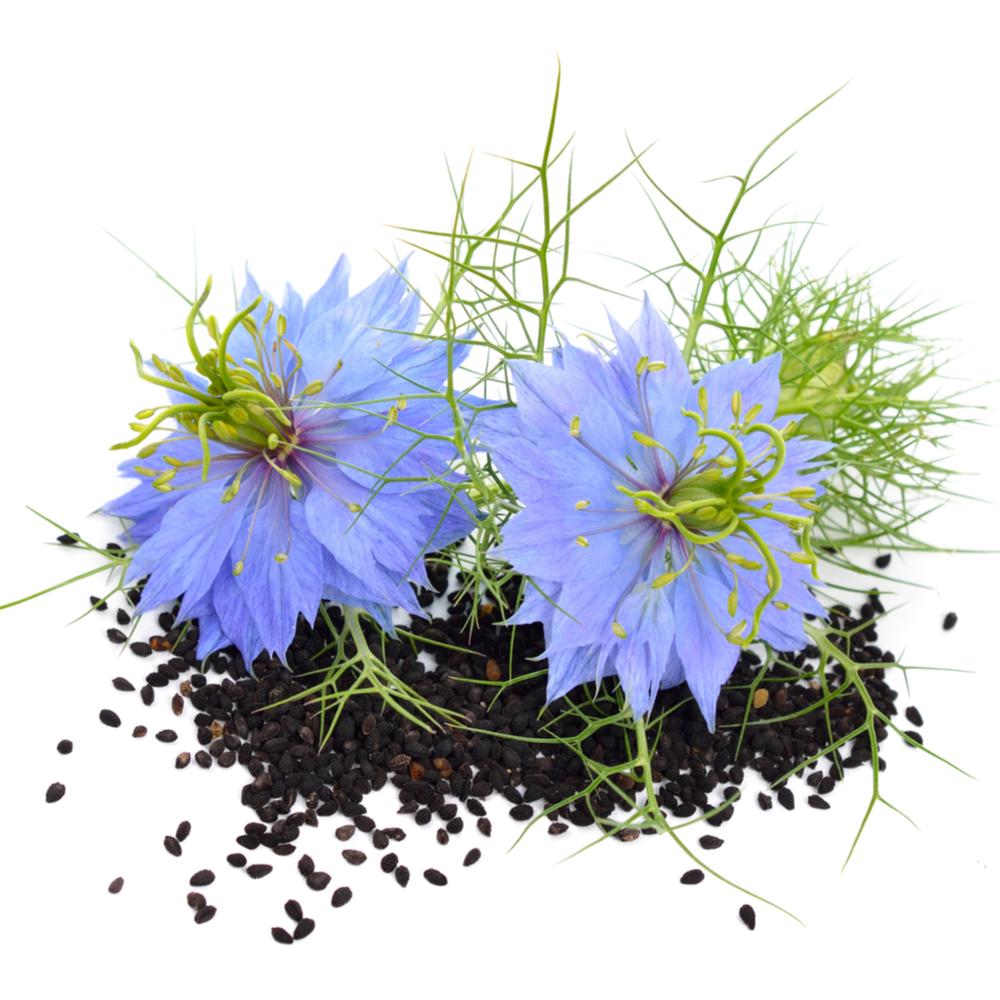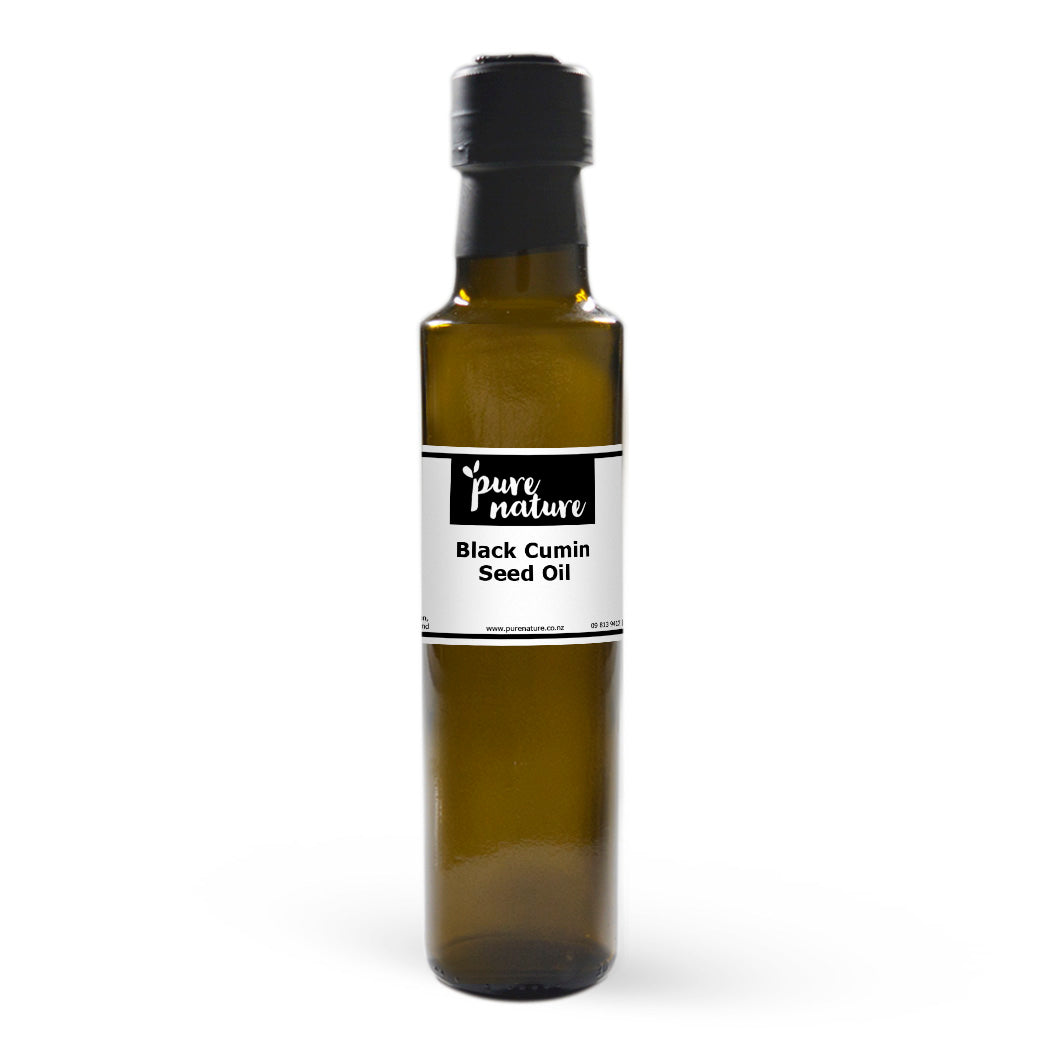Description
Reportedly used by Cleopatra as a beauty treatment and by Hippocrates for digestive health, black cumin seeds have been used in both food and medicine for millennia. They are mentioned in biblical texts and have even been found in tombs of the ancient Pharaohs.Research has shown therapeutic activity for Thymoquinone, a compound present in the oil of the seeds, including antioxidant, antispasmodic and even some immunoactive properties.
The oil itself is rich in beneficial fatty acids including Linoleic (Omega 6) and Oleic (monounsaturated) acids.
Good for:
- Immune-boosting: Helps to stimulate the production of disease-fighting interferon and antibody-producing B cells
- Cell protection: Antioxidants scavenge and protect the body from free radicals which can damage cells
- Connective tissue health: Omega 6 and 9 help to maintain the integrity of blood vessel walls and capillaries
- Cardiovascular health: Phytosterols support healthy cholesterol levels, reduce blood pressure and the risk of thrombus formation
- Treating infection: Effective against ‘superbugs’ and other bacteria – even those resistant to certain antibiotics
How to use:
- Nutritional supplement: The oil of black cumin seed is the most highly concentrated and easily assimilated form for consumption. Taking 5ml twice per day is recommended for therapeutic benefits, or 5ml once a day for maintenance.
- Culinary: Use raw over food or as a dressing. Not for cooking or frying.
- Skincare: Can be added to skin creams or used topically to treat burns or irritated skin.









